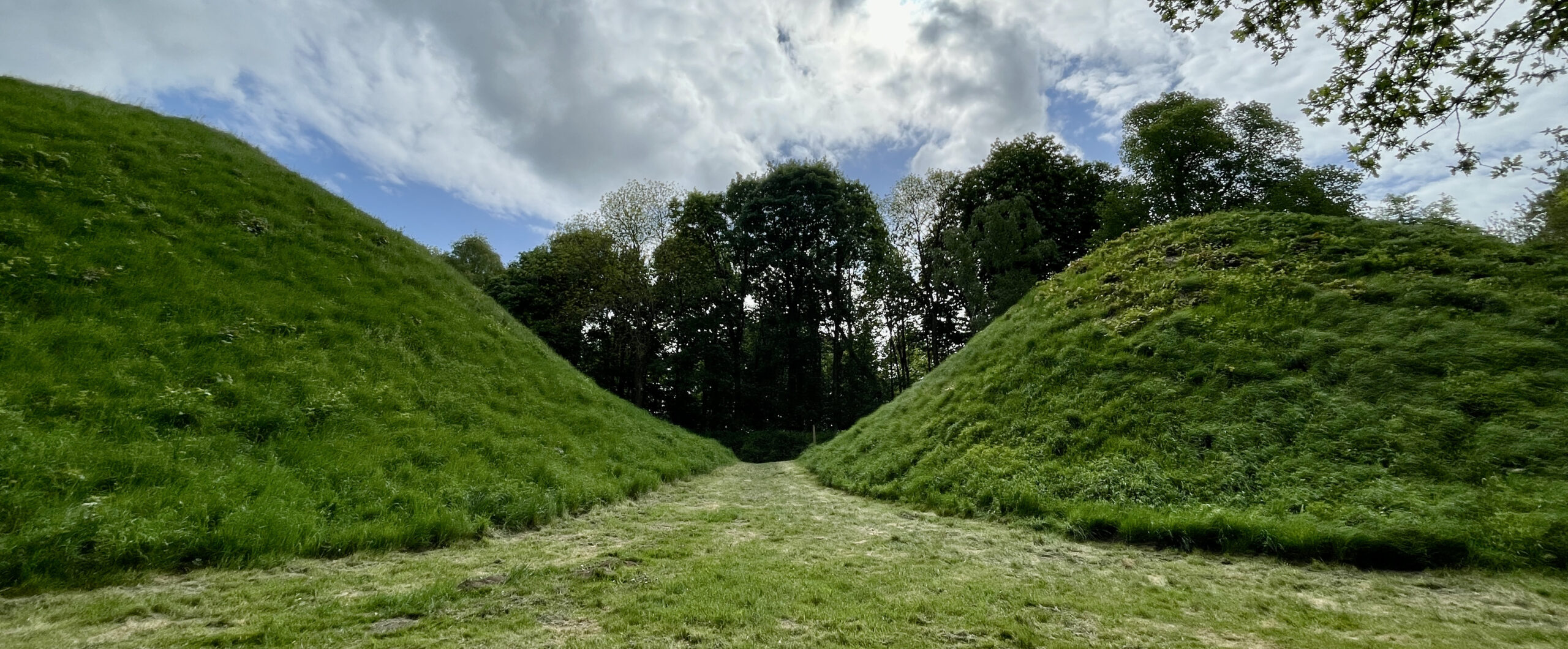Arcane Landscape Trust (ALT) is a not-for-profit volunteer-led charity established to advance the knowledge, understanding and appreciation of historic British Ritual Landscapes.
Our work presents new perspectives on our resource-rich cultural heritage, and draws on rigorous multidisciplinary research, the study of archaeology and archaeoastronomy*, mythological narratives, traditions, and folklore.
Coupled with a holistic and symbolic understanding of spiritual and metaphysical practices, our aim is to enrich personal experience and our sense of wholeness through a deeper symbiotic relationship with place, and an enhanced connection between the present and the past.
Our work offer a unique opportunity to step into the ‘otherworld’, to re-consider, explore, and illuminate the hidden mysteries beneath our feet and above our heads. And although our research is primarily rooted within the landscapes of the East of England, the place that we call home, it’s underlying principles and theories reverberate with historic sacred sites and traditions across the world.
We hope that our work has a positive impact on your appreciation of the landscape, skyscape and ancient artefacts around you, and stimulates a deep personal affinity with the ‘genius loci’ – the spirit of place.
Our outputs are free to access and encompass a wide range of materials from captivating comprehensive research publications into some of our lesser-known ritual landscapes, to more concise articles showcasing the best of our hidden historical wonders.
And it’s not all about the written word, as our work also invites you to get out into the terrain and fully embrace all that these otherworldly places have to offer firsthand. All that we ask is that you bring an open mind, a sense of enquiry, and a thirst to dig deeper into our awe-inspiring communal heritage.
*A field which considers symbolic cultural interpretations of phenomena in the sky.

